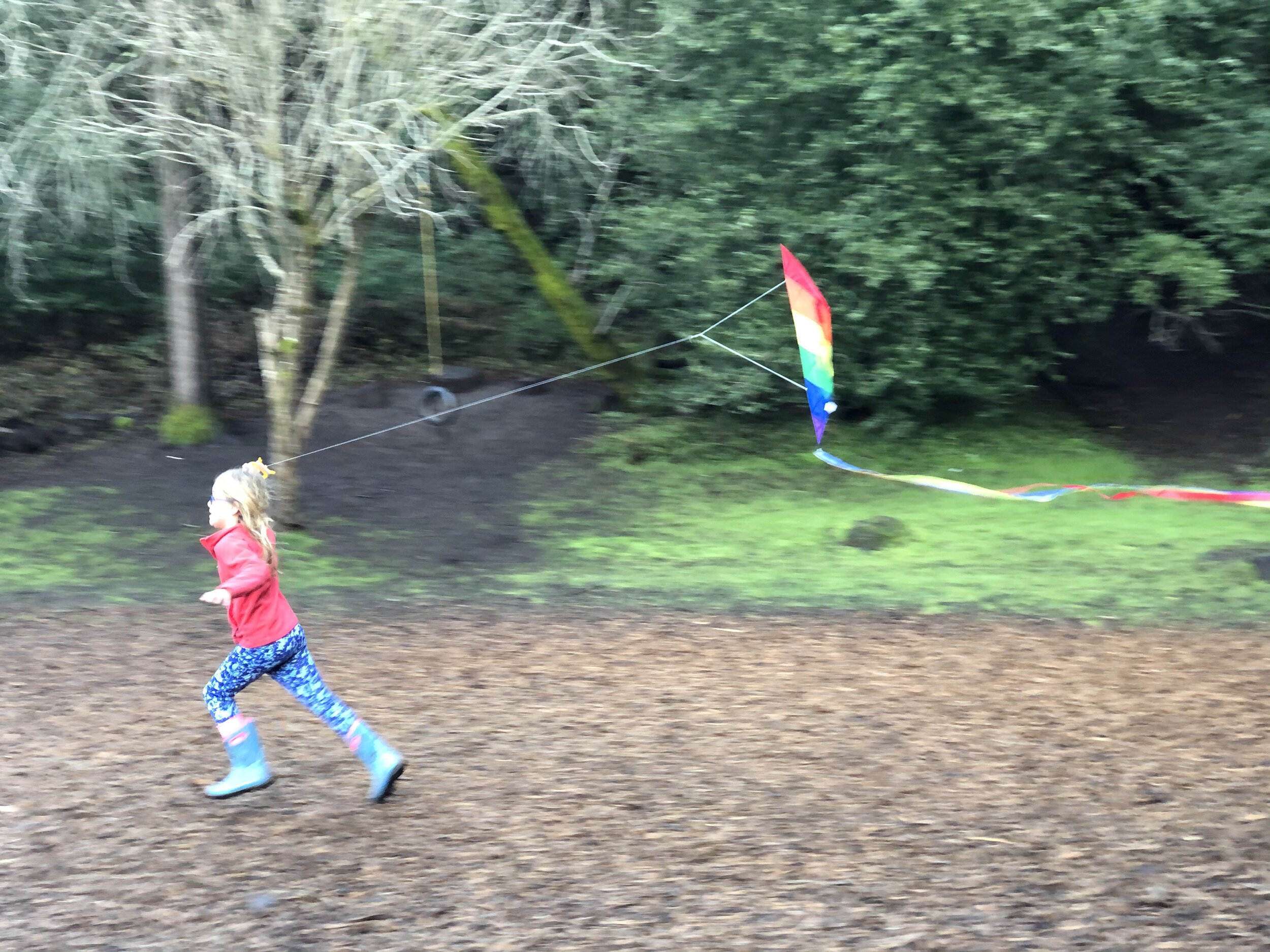
Cultivating social, emotional, &
ecological intelligence
Educational Pedagogy
Connolly Ranch Education Center’s (CREC) unique discovery-based pedagogy is centered around cultivating social, emotional and ecological intelligence as children of all ages explore and interact with our animals, garden and wild spaces. Our natural and ever-changing educational environment provides spontaneous opportunities to explore and learn from “what just happened.” We lead with inquiry to encourage children to become dynamic learners, mindful leaders, and divergent thinkers.
CREC’s educational pedagogy draws from the Reggio Emilia Approach, Waldorf Education, and operates much like a Forest School as all programs take place in our dynamic and ever changing outdoor classrooms that includes our edible garden, farm with over 30 animals, and wildspaces. In addition, CREC’s programs incorporate the Rainbow Action Networks’ DEI curriculum.
In-With-For Learning & Relationships ©
How we grow as individuals, families, communities, and beyond comes down to relationships. Connolly Ranch provides learning experiences that help children build healthy relationships with themselves, other people, and the natural world.
General knowledge/Distant relationships (IN nature)
Children share prior knowledge and awareness around a particular topic
Information gathering/Intimate relationships (WITH nature)
Guide children to recognize more intimate, personalized experiences, feelings or insights in order to deepen their understanding
Connective understanding/Integrated relationships (FOR nature)
Children expand out to the greater world to make connections with other experiences or knowledge.
Dynamic Learners
In the Edible Garden, we learn how to be present in nature by engaging our 5 senses. Through hands-on gardening, children not only learn about where their food comes from, they actually play an essential role in the seed to table process. Our Farm - to -Table programs allow children to harvest directly from the garden and learn the ins and outs of cooking a fresh meal.
Mindful Leaders
Our farm animals provide a unique opportunity for children to develop empathy, respect and compassion for all living things. Our interactive animal curriculum fosters an understanding of human impact on animal wellbeing as children learn how to take care of our goats, pigs, chickens, sheep, donkeys and horses. Through these personal interactions, kids develop an understanding of animals' inherent nature as well as their individual personalities.
Divergent Thinkers
Our Wild Spaces lend to the freedom of exploration - a space where children can dive into their imaginations and have meaningful connections with nature. This is where divergent thinking comes alive as kids are presented with endless opportunities to problem solve and work together. Whether they are designing a tree fort, attempting to get a heavy log from one end to the other or playing a group game, children are taking risks, communicating with one another and building lasting self - confidence.
Screen Free Education
Connolly Ranch is dedicated to maintaining our screen-free environment
An environment free of screens is important for several reasons:
1. Healthy Development: Excessive screen time at a young age can have negative effects on children's physical health, mental well-being, and social development. It can lead to sedentary behavior, disrupted sleep patterns, and delayed development of fine motor skills.
2. Social Interaction: Screen time often isolates children from face-to-face social interactions, which are crucial for learning communication skills, empathy, and cooperation. Interacting with peers and teachers in a screen-free environment promotes healthy social development and emotional intelligence.
3. Creativity and Imagination: Screens can limit children's opportunities for imaginative play and creative expression. A screen-free environment encourages children to engage in open-ended play, storytelling, and artistic activities, fostering creativity and imagination.
4. Attention Span and Concentration: Excessive screen time has been linked to attention problems and reduced ability to focus. By minimizing screen exposure, preschools can support the development of sustained attention and concentration, which are essential for learning and academic success.
5. Nature and Sensory Exploration: A screen-free environment encourages children to explore the natural world and engage their senses through hands-on experiences. Spending time outdoors and interacting with real objects stimulates curiosity, problem-solving skills, and a deeper understanding of the environment.
Overall, screen-free prioritizes holistic child development, promotes healthy habits, and creates a nurturing environment where children can thrive socially, emotionally, cognitively, and physically.




